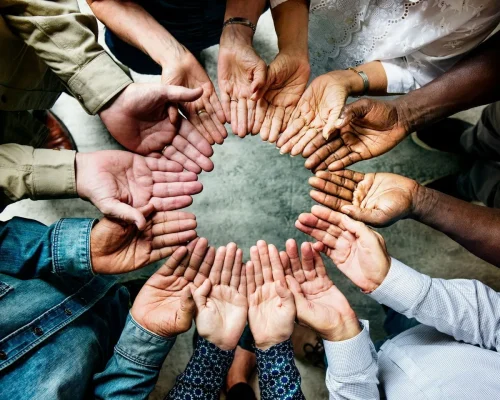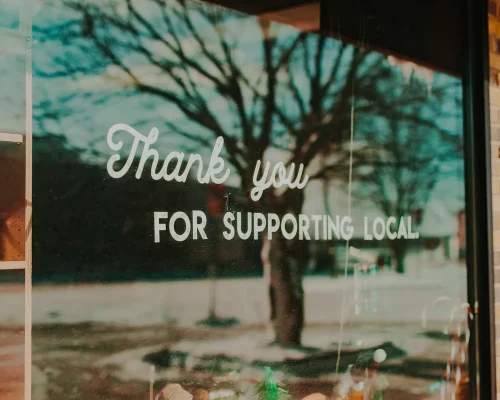You’ve seen the cycle.
It starts with a spark. An old tweet is unearthed, a public figure misstates something on a podcast, or a video surfaces without context. The spark ignites a fire online. An army of digital warriors descends, demanding apologies and consequences. Brands sever ties, platforms issue bans, and a career can be derailed in a matter of hours.
Before we go any further, let’s be clear about what we’re talking about. This isn’t about holding people accountable for real harm or engaging in necessary criticism. This is about a growing trend of social obliteration, a mindset that often aims to erase a person from the public square, frequently without a path to redemption.
While the stated goal of this “cancel culture” may be a more just world, its methods are creating a dangerous intellectual climate. It is destroying nuance, discouraging forgiveness, and ultimately stifling the very independent thought we need to solve complex problems.
The Corrosive Effects of a Cancellation Mindset

When we trade thoughtful discussion for instant judgment and the cancel culture, the consequences are more far-reaching than we might think.
1. It Kills Nuance and Promotes “Us vs. Them” Thinking
Cancel culture forces complex issues into a simple, black-and-white box. You are either good or evil, an ally or an enemy, on the right side of history or the wrong one. There is no room for context, for intent, or for the simple human reality that a good person can make a bad mistake or hold a conflicting belief. It reflects a form of society’s selective outrage where the goal is to categorize, not to understand.
2. It Replaces Redemption with Permanent Punishment
Traditionally, the goal of accountability has been to correct a wrong and allow the person to learn and rejoin the community.
Cancel culture, in its harshest form, often acts as a permanent life sentence for a single error, no matter how old. It offers no clear path for someone to apologize, learn, and grow. Is that the kind of world we want to build? One where no one is ever allowed to evolve past their worst mistake?
3. It Creates a Climate of Fear, Not Courage
When the punishment for a misstep is total social exile, what happens? People stop taking risks. They become afraid to ask honest questions, to explore unpopular ideas, or to simply admit they don’t know something. They self-censor. This climate of fear is the direct enemy of progress. It makes it nearly impossible to think for yourself because the social cost of getting it wrong is just too high.
4. It Mistakens Online Outrage for Real-World Justice
A trending hashtag or a barrage of angry comments creates the illusion of justice being served. The social media timeline becomes the judge, jury, and executioner, all in one. But this performance of justice often lacks due process, a fair hearing, or any real-world mechanism for true accountability. It’s a powerful feeling, but it’s not a functional system for a healthy society.
A More Thoughtful Path Forward

So, what’s the alternative? It’s not to let bad behavior go unchecked. It’s to build a healthier, more resilient culture of accountability.
1. Champion Criticism, Not Cancellation
There’s a world of difference between these two ideas.
Criticism says, “Your idea is flawed, and here’s why.” It attacks the argument.
Cancellation says, “You are flawed, and you must be erased.” It attacks the person. We need to get better at the first and do far less of the second.
2. Revive the Principle of Charity
This is a simple but powerful idea from philosophy.
“Listen to understand, not just to respond.”
Assume the best possible interpretation of someone’s words before you rush to the worst. This principle is the foundation of any good-faith conversation and the direct antidote to the bad-faith attacks that fuel online mobs.
3. Make Space for Growth and Redemption
A healthy community must believe that people can change. This means creating pathways for individuals to learn from their mistakes, apologize meaningfully, and be allowed to evolve. True accountability should include the possibility of restoration, not just punishment.
Conclusion
This isn’t an argument to protect bad actors from consequences. It is a defense of our collective ability to think, to reason, and to forgive. A world without nuance is a world where everyone is pressured to think the same way. It’s a world that punishes curiosity and rewards conformity.
To build a better future, we must be people who can hold two complex ideas at the same time, who can disagree without dehumanizing, and who dare to be different in our thinking.
What is one complex issue you’ve seen recently that was unfairly simplified by online outrage?

